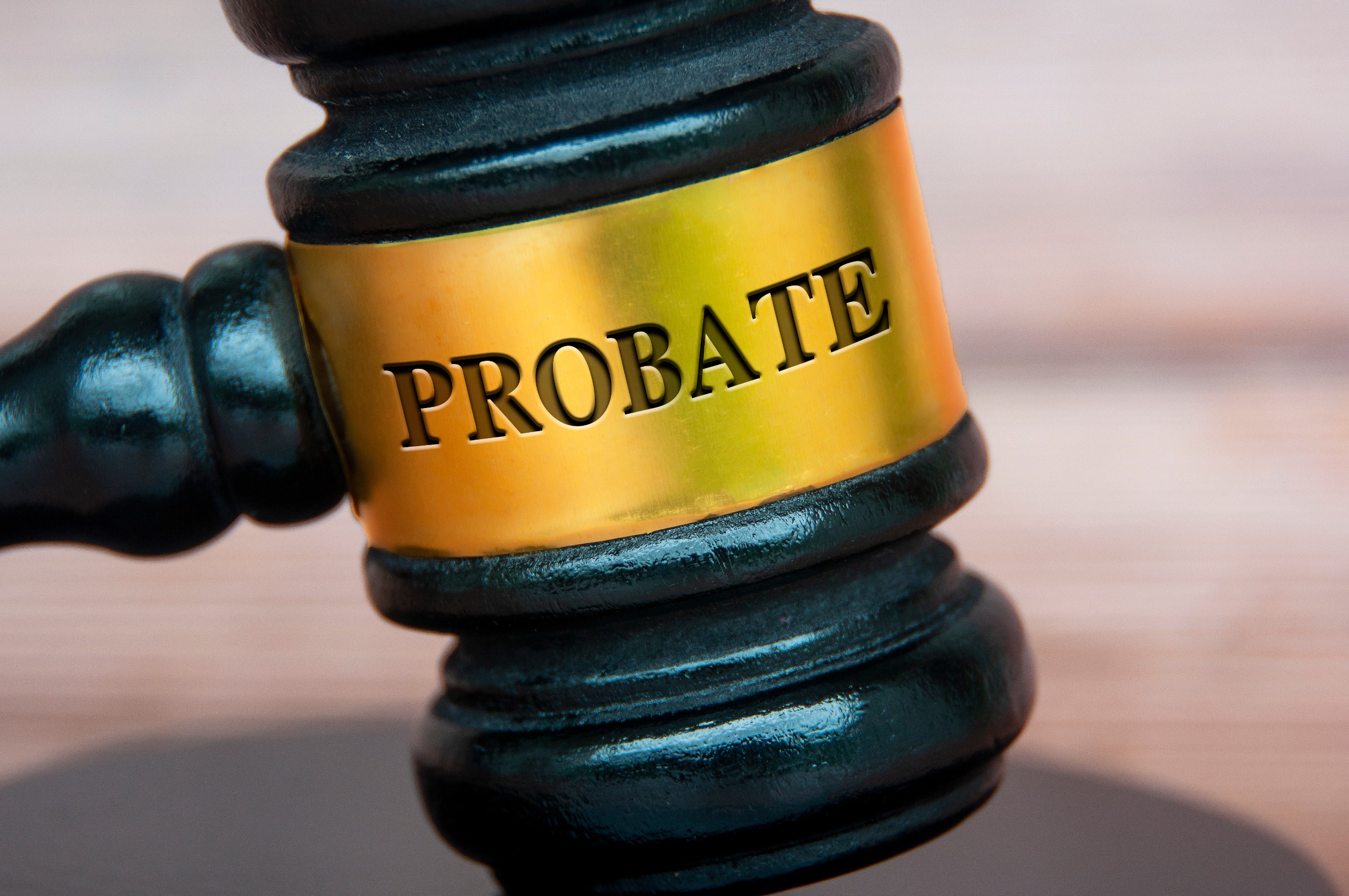A joint tenancy deed can avoid probate in Oklahoma. Joint tenancy is a form of property ownership where two or more people own an asset together, with equal shares. Most importantly, joint tenancy includes the right of survivorship, which ensures that when one joint tenant dies, their share of the property automatically passes to the surviving joint tenants, bypassing the probate process. Here’s how it works:
Key Features of Joint Tenancy
When one joint tenant dies, their interest in the property automatically transfers to the surviving joint tenant(s). This automatic transfer bypasses probate court, allowing for a seamless transition of ownership. Eventually, the last surviving joint tenant owns the entire property outright.
All joint tenants hold an equal ownership interest in the property. Each tenant owns an undivided share of the whole property, rather than a specific portion. Each joint tenant enjoys the right to use and benefit from the entire property. Consequently, any decisions regarding the property require mutual agreement among all joint tenants.
Creating a Joint Tenancy Deed in Oklahoma
To establish a joint tenancy, the deed must include specific language indicating the intent to create a joint tenancy with the right of survivorship. For example, the deed might state, “to John Doe and Jane Doe, as joint tenants with right of survivorship and not as tenants in common.”
All parties involved must properly execute and sign the deed, ensuring it is notarized. File the deed with the county clerk’s office in the county where the property is located. This step ensures legal recognition and public notice of the joint tenancy arrangement.
Benefits
One major advantage of joint tenancy is that it allows the property to pass directly to the surviving joint tenant(s) without going through probate. This can save both time and legal costs. Upon the death of a joint tenant, the transfer of property is straightforward and automatic. Typically, the surviving joint tenant(s) only need to provide a death certificate to update property records.
In some instances, joint tenancy can protect the property from creditors. If a creditor has a claim against one joint tenant, they may not be able to seize the entire property, especially if there are other surviving joint tenants.
Potential Drawbacks of Joint Tenancy
Since all joint tenants have equal rights to the property, one joint tenant cannot sell or encumber the property without the consent of the others. This requirement can complicate matters if the joint tenants have different plans for the property.
If all joint tenants die simultaneously, such as in a common accident, the property may still need to go through probate to determine the appropriate heirs. The value of the deceased joint tenant’s share may be subject to estate or inheritance taxes. Joint tenancy necessitates cooperation among the co-owners. Disputes can arise regarding the management, use, or disposition of the property.
Checkout Out Our Tulsa County Probate Lawyers Clog
Tulsa County Probate Lawyers
In Oklahoma, using a joint tenancy deed can effectively avoid probate by ensuring that the property passes directly to the surviving joint tenant(s) upon the death of one tenant. This approach offers several benefits, including probate avoidance, ease of transfer, and potential asset protection. However, joint tenancy also presents potential drawbacks, such as loss of control and the potential for co-owner conflicts. Therefore, properly drafting and recording the joint tenancy deed with specific right of survivorship language is crucial for its effectiveness.
Our team here at Tulsa County Lawyers Group will guide you through the process of creating a joint tenancy and ensure it meets your common goals. If you need help, contact us today by calling (918) 379-4864 or reach us online for a consultation.

